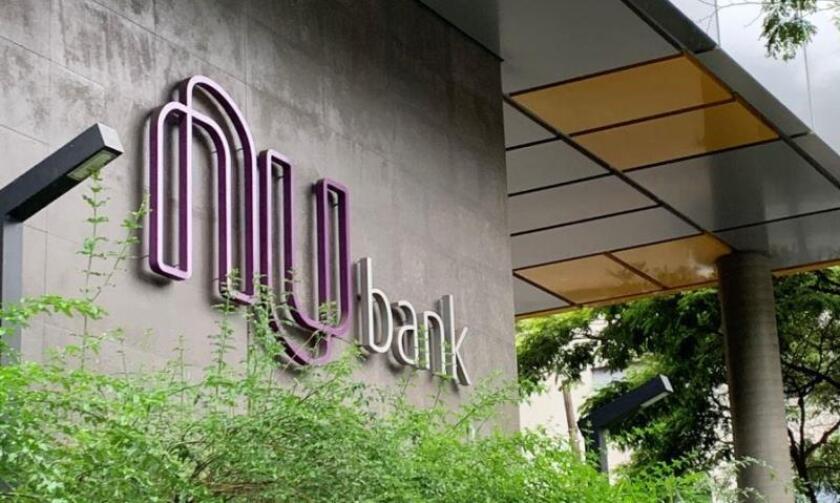The exponential success of Brazil's fintech sector means that the small group of established banks in the country will have to adapt to stay dominant. Rule changes over recent years have paved the way for a number of new entrants to change the status quo of banking in the country.
The central bank, which is the authority over the financial system in Brazil, is keen to bring about competition to stimulate growth.
New legislation allowing for open banking is expected to pass this year or in 2021, which will have a further impact on the banking system. Open banking means that established banks have to open up customer financial data and banking services to third party providers (TPP) via application programming interfaces (APIs).
See also: Brazilian government using alternative means to start privatisation process
“There is a big discussion about whether the big banks will survive and how much it will cost them to open the Brazilian market to small players,” said Paulo Leme, partner at Dias Carneiro. “The big banks are in a very comfortable position. Six banks pretty much own the market.”
|
|
"The big banks are in a very comfortable position" |
|
|
The central bank is highly focused on bringing about competition. It has acknowledged that there are limited measures it can use to bring new banks to the retail space. “The central bank has been very open to changing the regulation for fintechs. It wants to increase competition, and will have limited success in increasing the space for retail – but will allow competition in other areas of banking,” said Thomaz Favarro, global risk analyst at Control Risks.
“The central bank wants to bring in more fintechs, because they bring very positive results to the finance sector. They’re being very open and proactive.”
The view from the other side
One of the biggest players in the Brazilian fintech space is Nubank, created in 2013. Initially offering a credit card, the outfit recently launched an equivalent to a savings account and is moving into asset management. Visiting Nubank's São Paulo headquarters is somewhat like entering one of the Silicon Valley tech unicorns.
See also: Sand dollars a post-modern monetary architecture
Since inception, Nubank has been vocal supporters of open banking, and worked actively with the central bank – as well as other banks – to discuss the implementation process in Brazil.
A lot of the inspiration in open banking has come from recent moves in the UK. “There are some concerns in the industry about whether banks will be able to be implement open banking efficiently, but these conversations are still onjavascript:void(0);going. Overall it is going to be very beneficial for competition in Brazil – not only for fintechs, but also big banks,” said Bruno Magrani, head of public policy at Nubank.
Because of the way the rules are designed, the majority of players who will benefit from data being shared through open banking APIs are those are already part of the open banking system.
There are concerns that open banking is going to ‘destroy’ banks because of increased competition – but the big banks will also be able to take advantage.
Whether big banks entering the fray is likely to pose a threat to the new wave of digital banking in Brazil is a large debate. “We are not worried at all. We’re huge supporters of competition,” said Magrani. “We’ve been working on trying to get more competition in to the markets. We believe many of the things that we see in the market in terms of the quality of services that clients have received so far are a consequence of a lack of competition.”
Assets under management by the biggest banks in Brazil have been decreasing. Data released in January said that the five big banks – which once controlled approximately 75% of total assets in Brazil – now control only 70%. In 2018, the top four banks controlled a staggering 82% of the country's banking assets, according to one report.
|
|
"Open banking will be huge and very beneficial for fintechs" |
|
|
Helena Lopes Caldeira, director of investor relations at Banco Inter – a full service digital-only Brazilian bank – agrees that regulatory changes will foster competition and that it is a good thing overall. “The worst thing for us is that customers still don't know about their options. The thing we have to fight the most is banking inertia. As for open banking, it will be huge and very beneficial for fintechs,” she added.
For Banco Inter, which already has access to Brazilian central bank information and customer credit history, the change is not going to be as significant. “More competition in general is good for the market. We will benefit from other players offering what traditional banks already do and can offer something different.”
See also: Banks are slow to embrace crypto and blockchain

